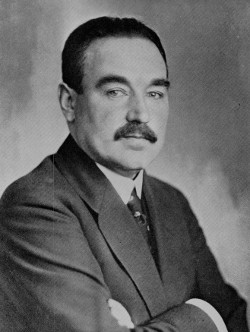




|
Alexander
Shlyapnikov
(1885 - 1937)

After returning secretly to Russia in 1916, Shlyapnikov played a prominent role in the party's Petrograd branch and was one of the few Bolshevik leaders to be present there during the February Revolution. After the October Revolution he acted as Commisar of Labor for about a year. In 1919 he formed the first internal opposition group in the Soviet Government: the Workers Opposition, which was opposed to the government controlling trade unions, and critical of the minimal space afforded to workers to participate in the government's decision-making. Due to his principled opposition, he was kept in insignificant positions and harassed by the government until in 1933 he was kicked out of the Communist Party. In 1935 he was arrested and exiled to Astrakhan. In 1936 he was arrested again and refused to declare he was guilty of imaginary crimes. Sentenced to death for his courageousness and commitment to workers' liberation, he was executed in 1937. During the 1920's he wrote memoirs, On the Eve of 1917 [239 pages] as he after he was isolated from the party due to his resistance to the centralization of power and the neutering of the workers' soviets. A very useful book detailing the hard, extensive, and continuous effort it takes to engage in truly revolutionary work. One of the most interesting parts of this book is his descriptions of the working conditions and condition of the labor movement in each country he lived in during exile before the Revolution. These memoirs detail his life from approximately the start of WWI to just before the Revolution. |